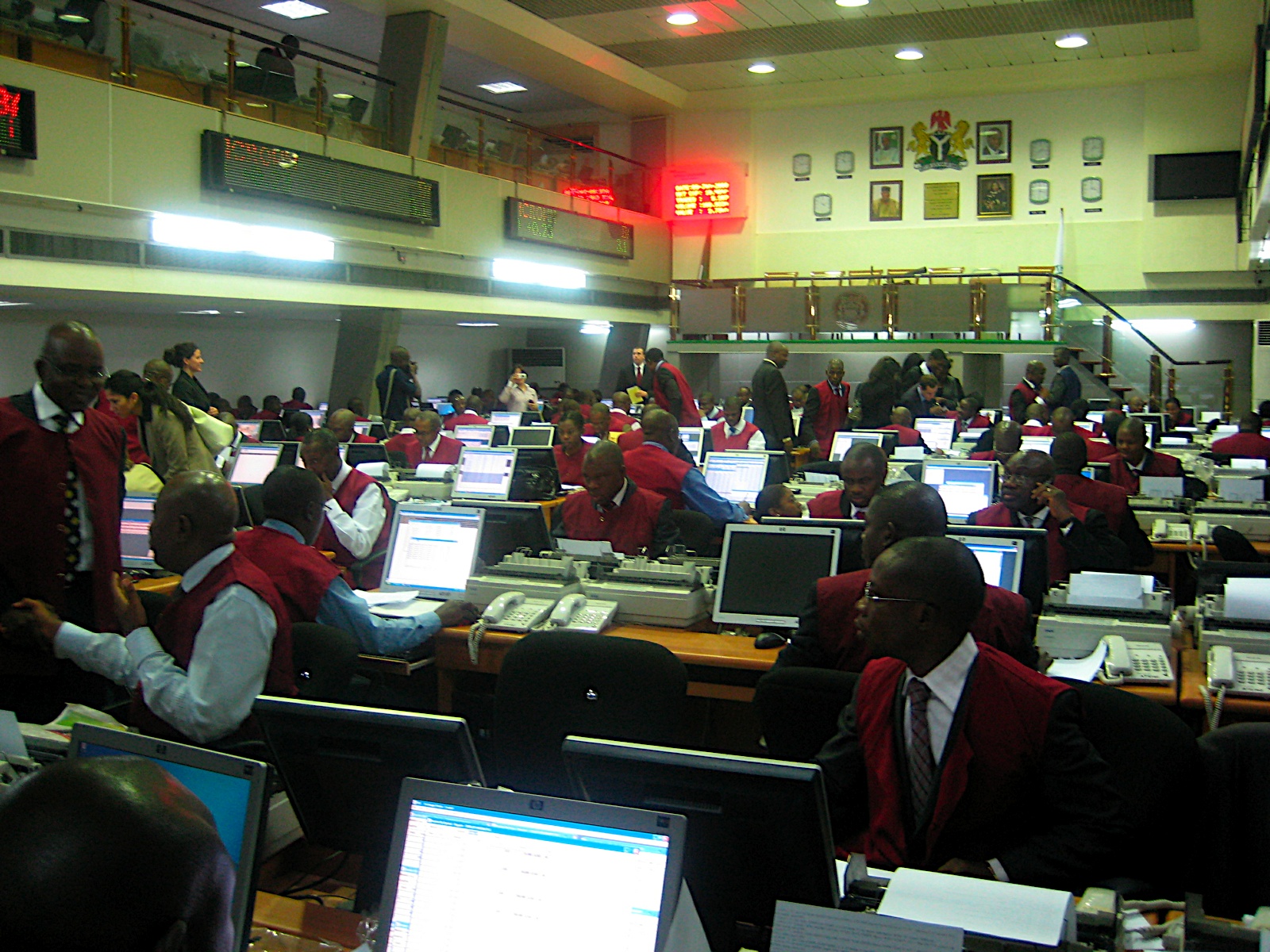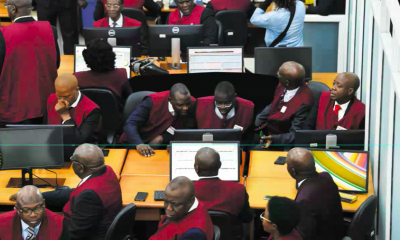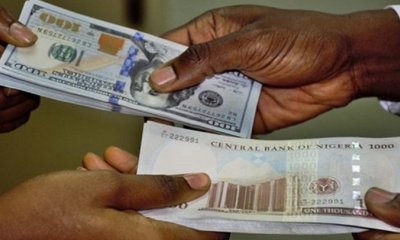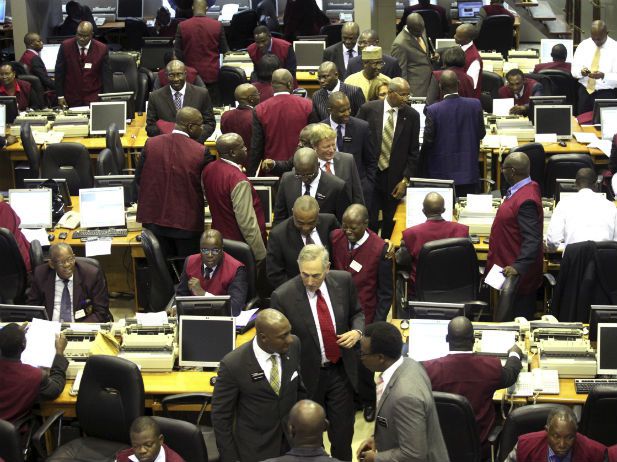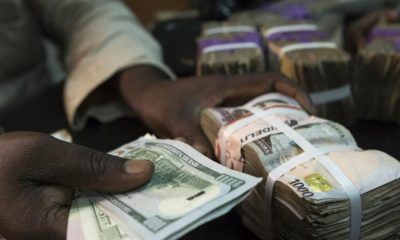By Chioma Obinagwam
The Nigerian Stock Exchange (NSE) has announced the review of the NSE indices.
According to the NSE, the indices affected include the NSE 30 Index, the NSE Lotus Islamic Index, the NSE Banking Index and the NSE Consumer Goods Index.
Others include the NSE Oil & Gas index, the NSE Pension Index, the NSE Industrial Goods Index, as well as the NSE Insurance Index.
“The composition of these indices will be effective on January 1, 2016 after the completion of the year-end review and index rebalancing exercise which will see the entry of some major companies and the exit of
others from the various indices,” the NSE said.
The review will see highly capitalised companies like FCMB Group, Cadbury Nigeria Plc and UACN Plc exiting the NSE 30 index, where as Fidelity Bank, Glaxo Smithkline Consumer Nigeria and Total Nigeria will replace the exiting companies.
NSE 30 index is the index which measures the performance of 30 highly capitalised stocks on the NSE.
On the other hand, Law Union and Rock Insurance and Staco Insurance takes position in the NSE Insurance index, even as Sovereign Insurance Plc and Prestige Assurance Plc exit the group.
In the same vein, NSE Pension Index accommodated Cadbury Nigeria Plc, Glaxo Smithkline Consumer Plc, Julius Berger Nigeria Plc, Seplat Petroleum Development Company Plc as well as Beta Glass Co. Plc., just as Wema Bank Plc, Union Bank Plc, Honeywell Flour Mills Plc, UACN Property Development Company Plc and Ecobank Transnational Incorporated left the index.
However, the NSE Consumer Goods index, NSE Banking Index, NSE Industrial Index in addition to NSE Oil and Gas index remained unchanged.
Recall that the Nigerian bourse began publishing the NSE 30 Index in February 2009 with index values available from January 1, 2007.
Consequently, on July 1, 2008, the NSE developed four sectorial indices with a base value of 1,000 points, designed to provide investable benchmarks to capture the performance of specific sectors.
It should be noted that the sectoral indices comprise the top fifteen most capitalised and liquid companies in the Insurance and Consumer Goods sectors, top ten most capitalized and liquid companies in the Banking and Industrial Goods sector and the top seven most capitalised and liquid companies in the Oil & Gas sector.
Again, in July 2012, the Nigerian bourse launched The NSE Lotus Islamic index (NSE LII) which consist of companies whose business practices are in conformity with Shari’ah investment principles, with the aim of increasing the breadth of the market and creating an important benchmark for investments as the alternative non-interest investment space widened.
More so, the companies that appear on the Islamic Index have been thoroughly screened by Lotus Capital Halal Investment, in accordance with a methodology approved by an internationally recognized Shari’ah Advisory Board comprising of renowned Islamic scholars.
Also, the NSE launched the Pension Index on July 1, 2015 to serve as performance benchmark for Pension Asset Managers, Non-Pension Asset managers and investors.
Similarly, the Nigerian bourse launched the Premium Board Index, an equity index designed to provide a benchmark to capture the performance of companies listed on the Premium Board in August 2015.
The index provides a basis for developing products (such as Equity Traded Funds and equity index derivatives) that are tradable on the bourse.
As at December 29, 2015, the NSE Premium Board Index had a four year average return of 11.04 per cent versus the All Share Index return of 7.3 per cent over the same period.
The Premium Board is for issuers with a minimum market capitalization of N200 billion who voluntarily adhere to meet an independently verified standard of stringent corporate governance standards.
The NSE disclosed that companies aspiring to be listed on the Premium Board must achieve a minimum score of 70 per cent on the rigorous Corporate Governance Rating System (CGRS).
In addition, they are required to maintain a minimum free float of 20 per cent of their issued share capital or a free float value equal to or above N40 billion.
The price indices, which were developed using the market capitalization methodology, are reviewed and
rebalanced on a bi-annual basis – on the first business day in January and in July.

 Health6 days ago
Health6 days ago
 Entertainment1 week ago
Entertainment1 week ago
 Crime6 days ago
Crime6 days ago
 Education1 week ago
Education1 week ago
 Health1 week ago
Health1 week ago
 Comments and Issues7 days ago
Comments and Issues7 days ago
 Football7 days ago
Football7 days ago
 Latest6 days ago
Latest6 days ago
